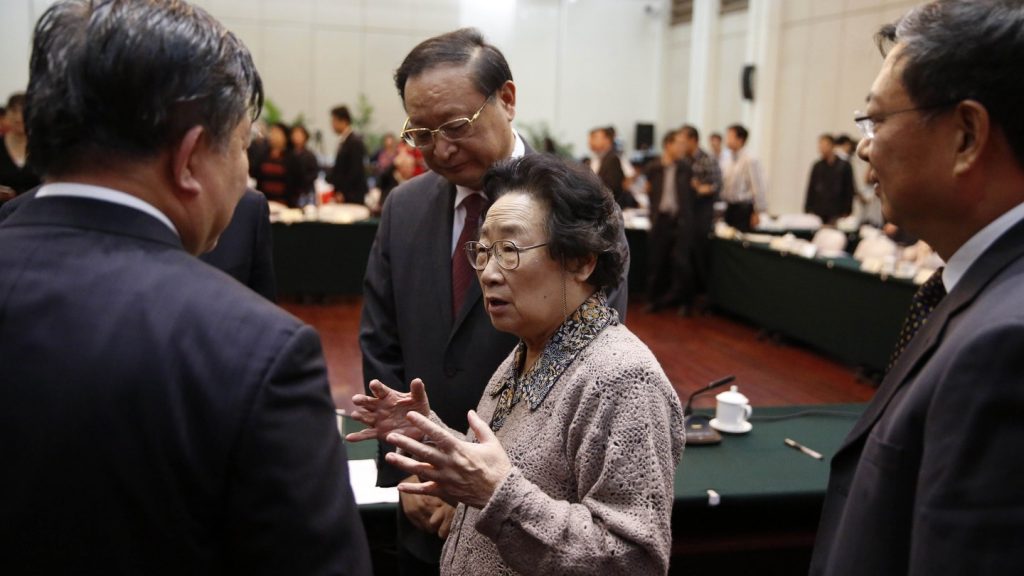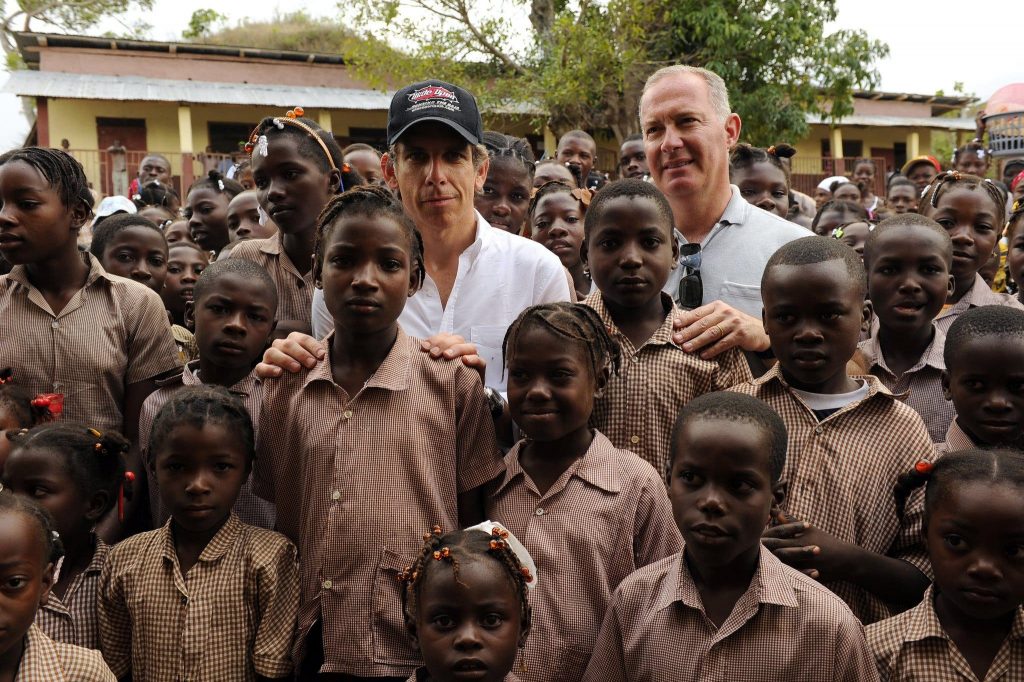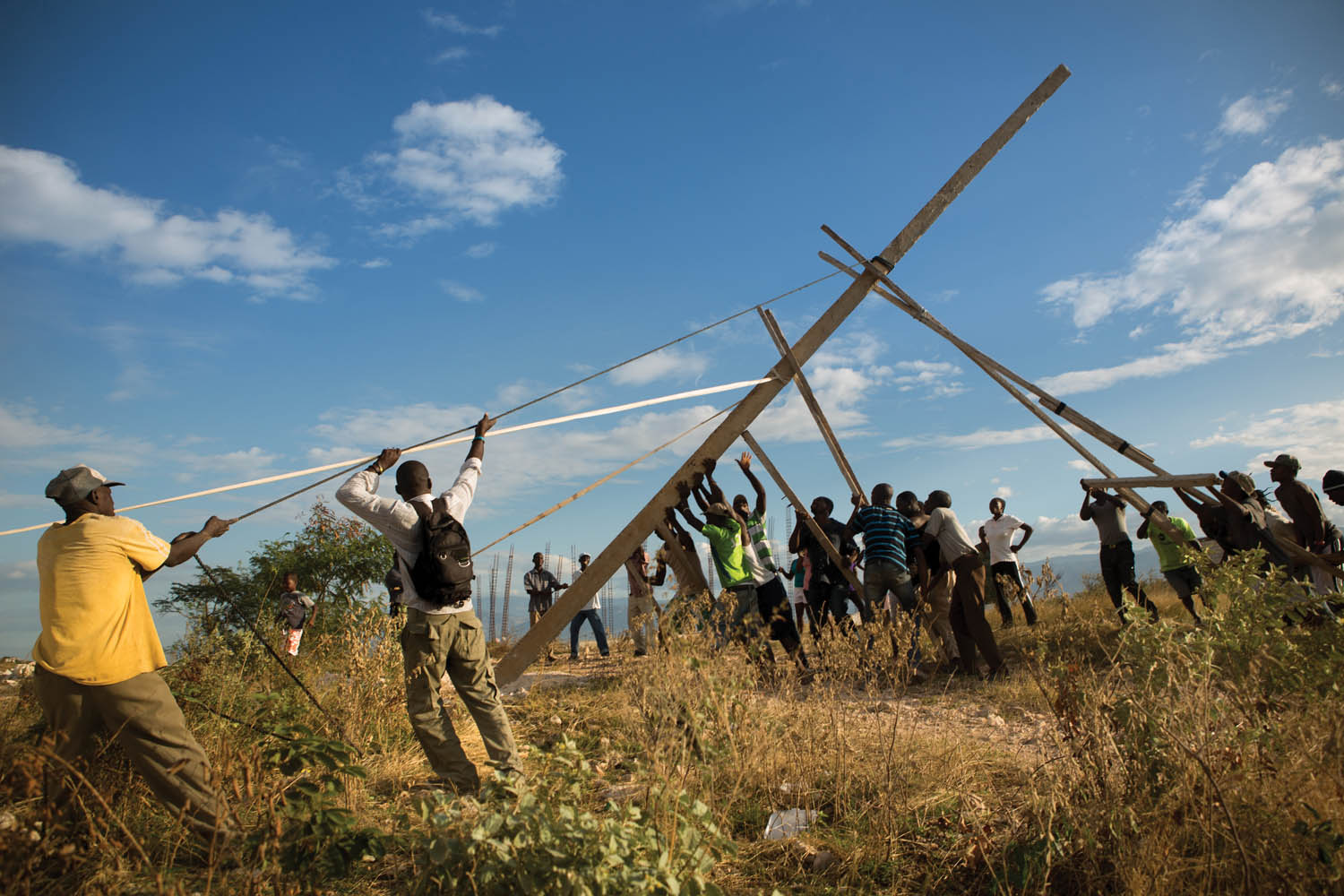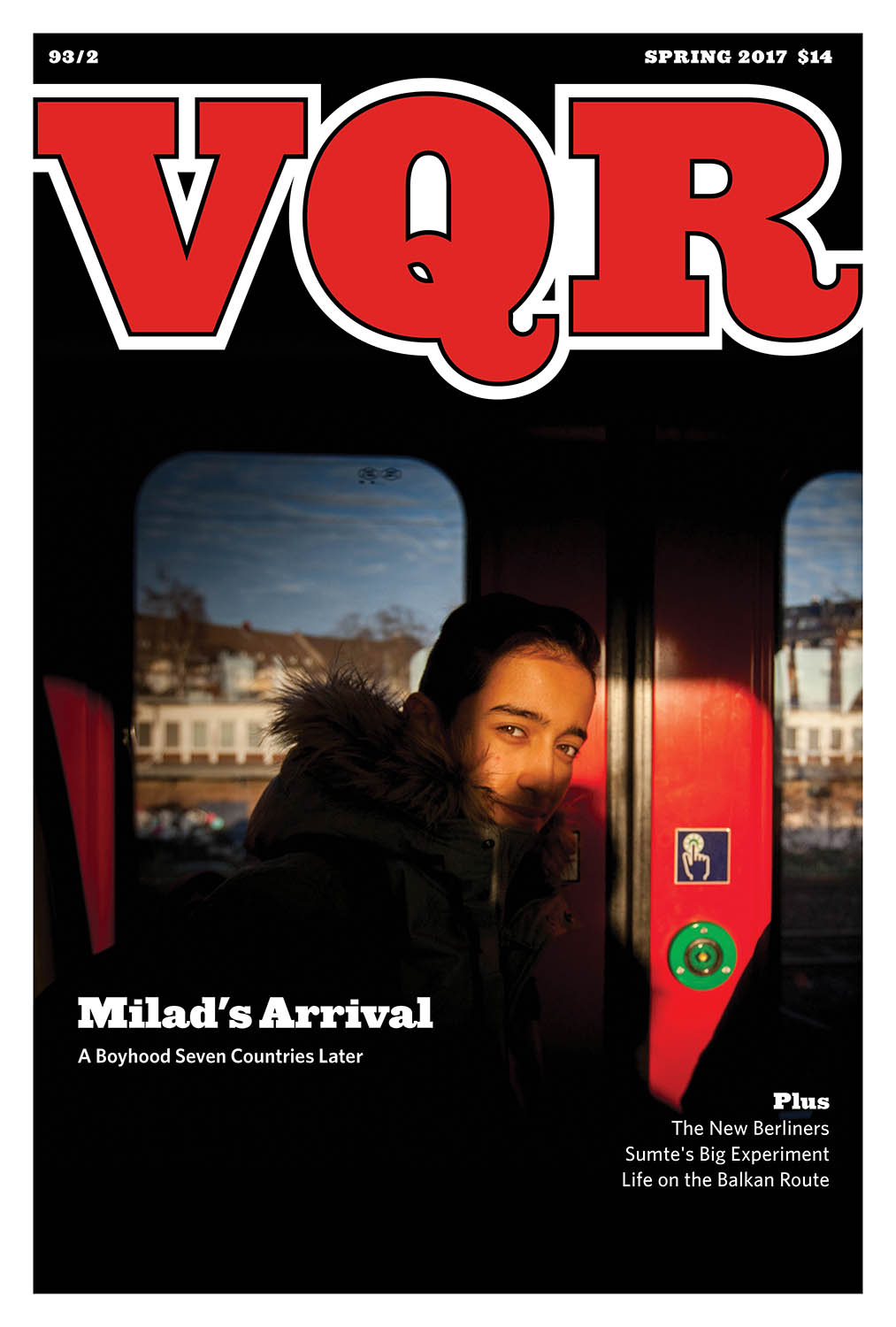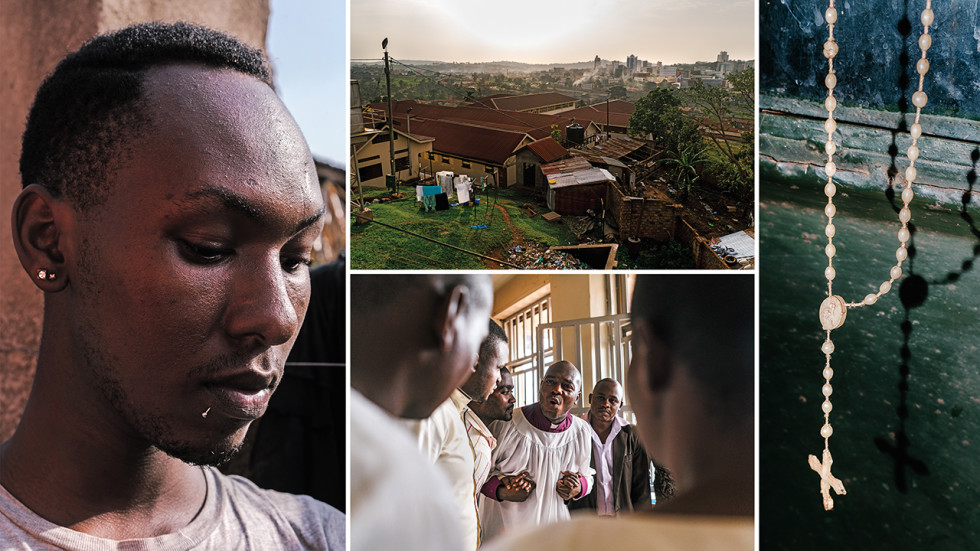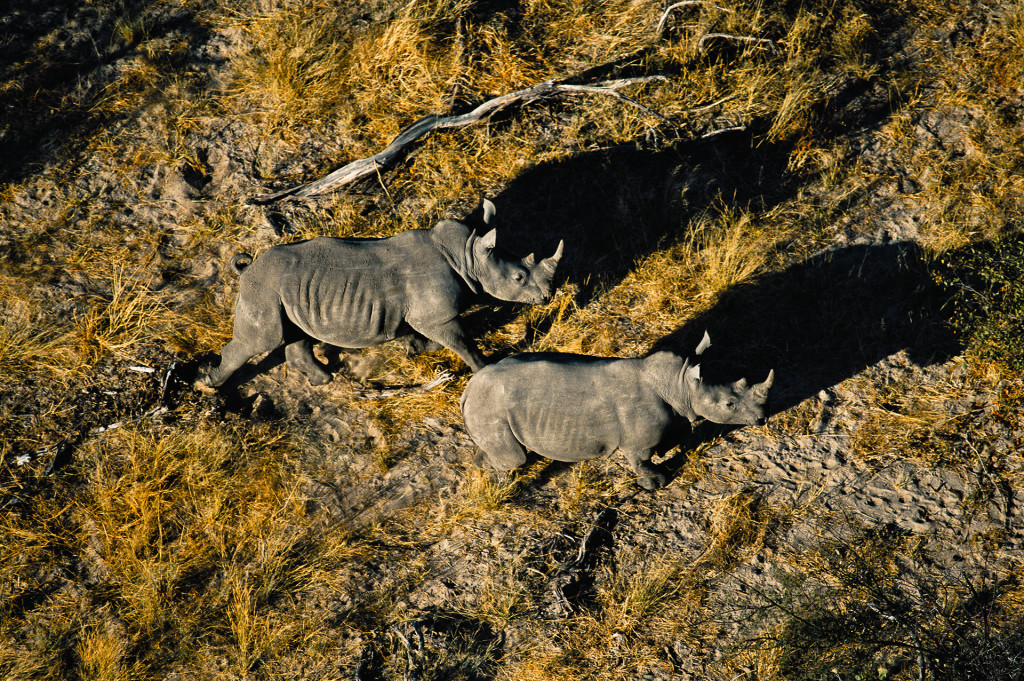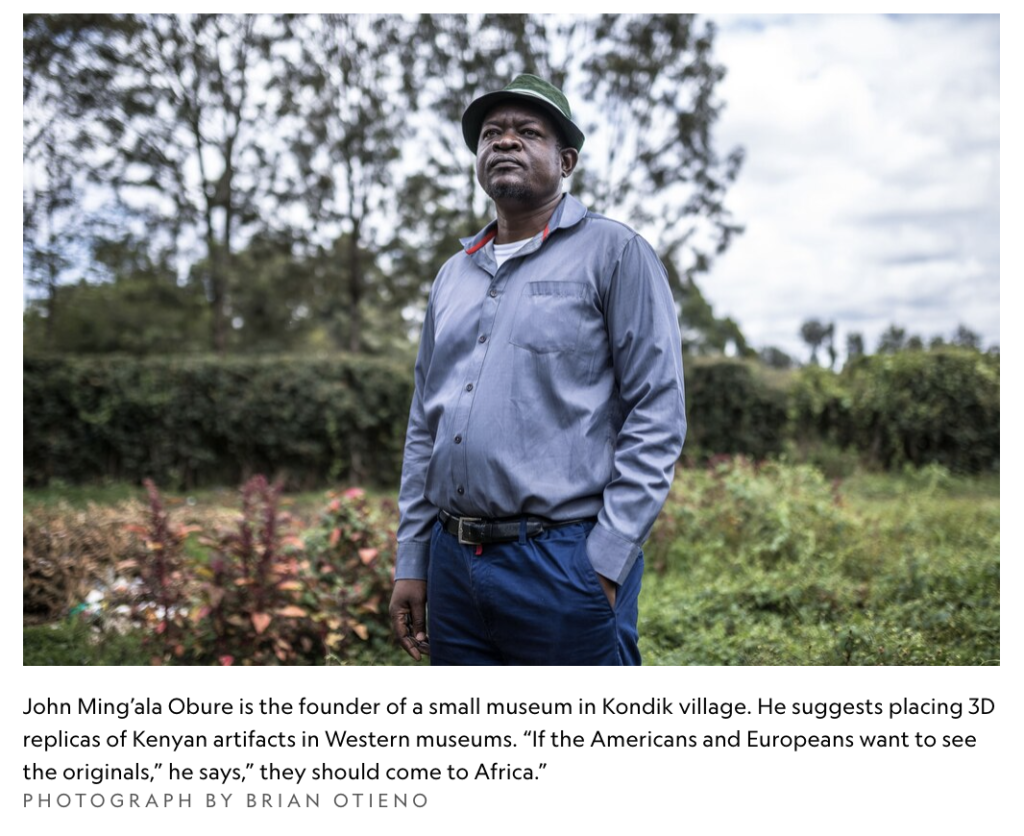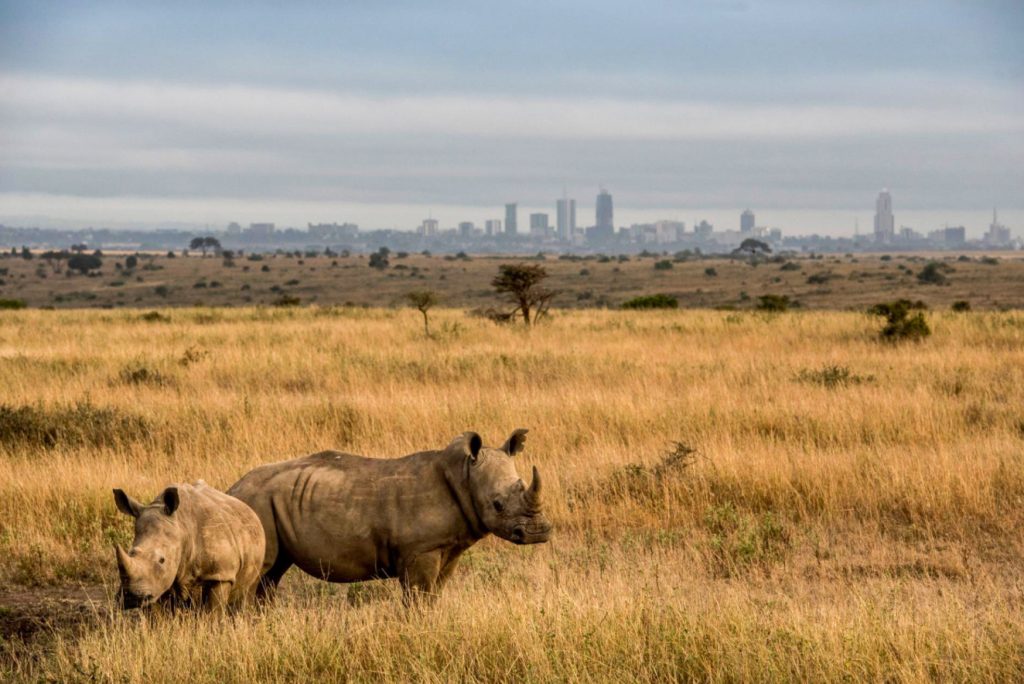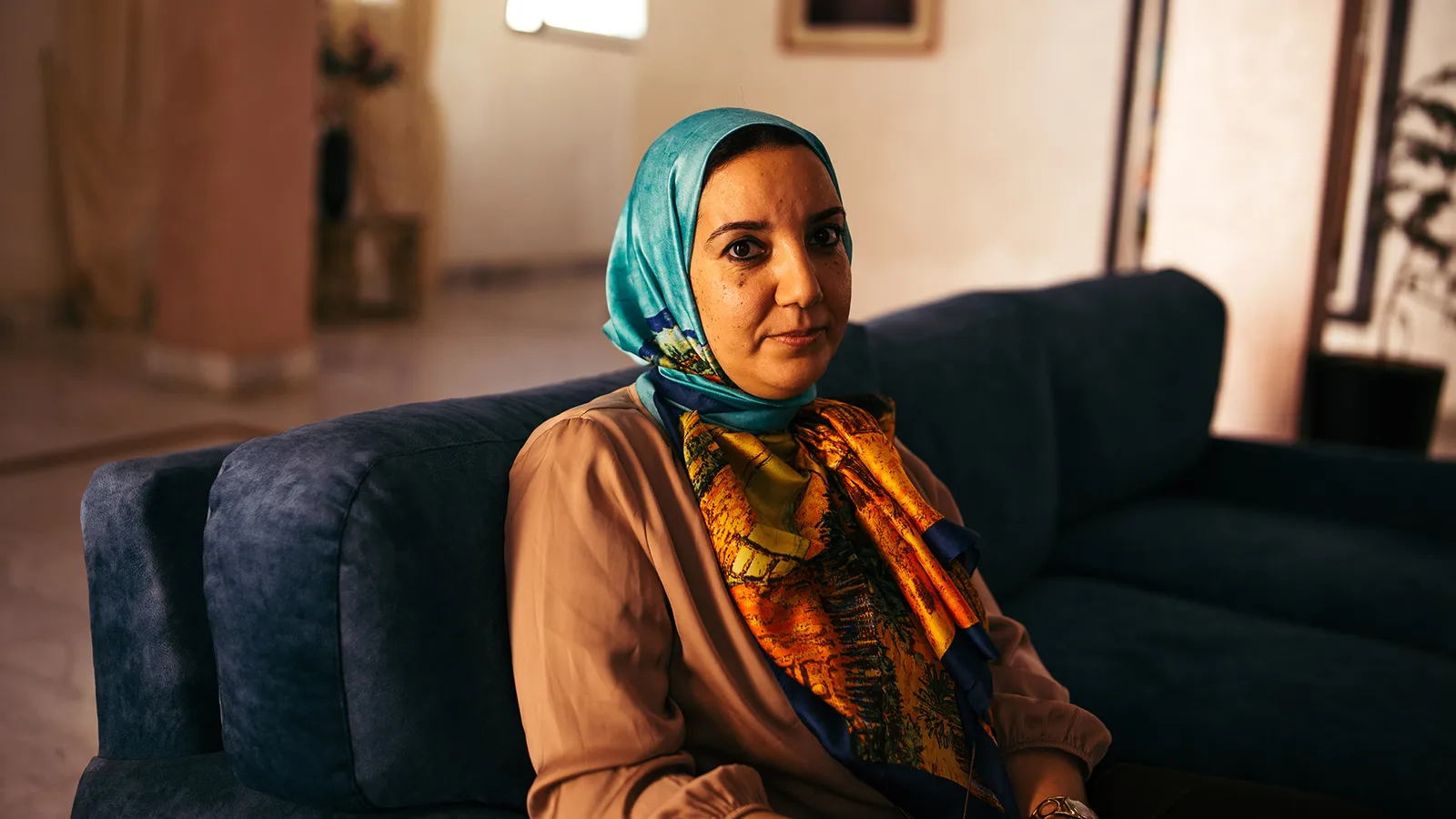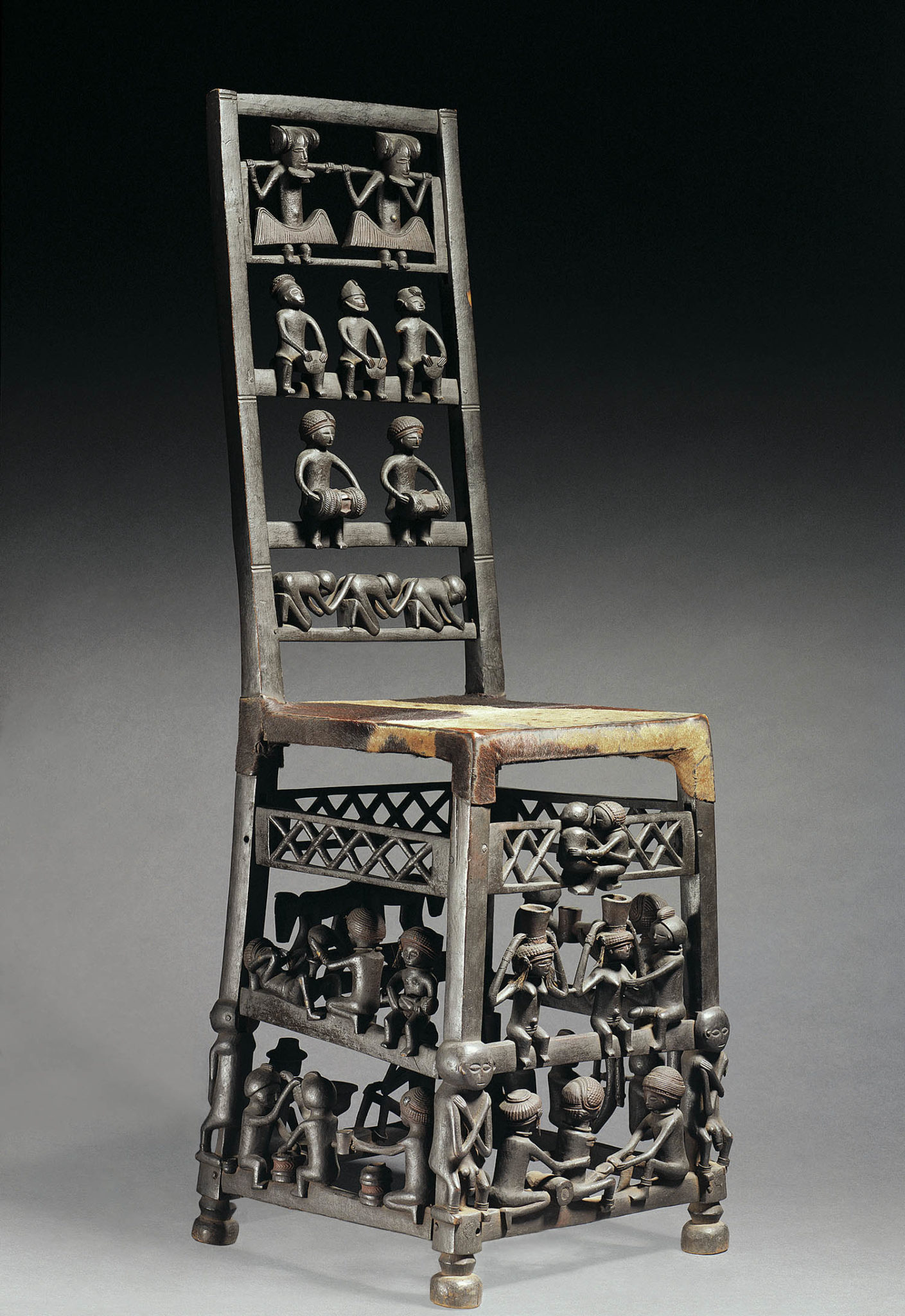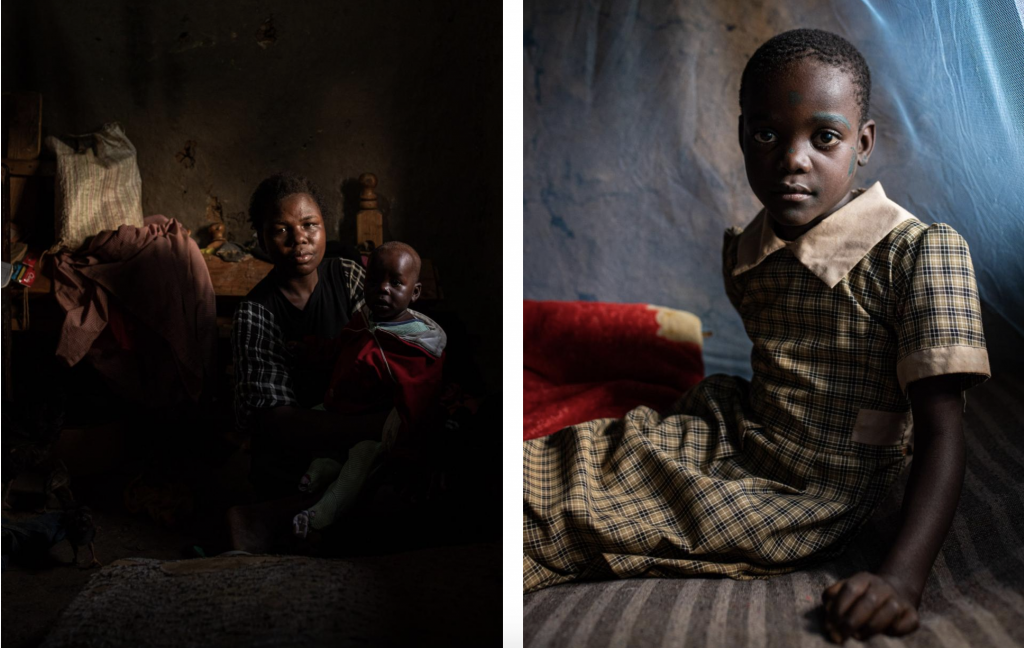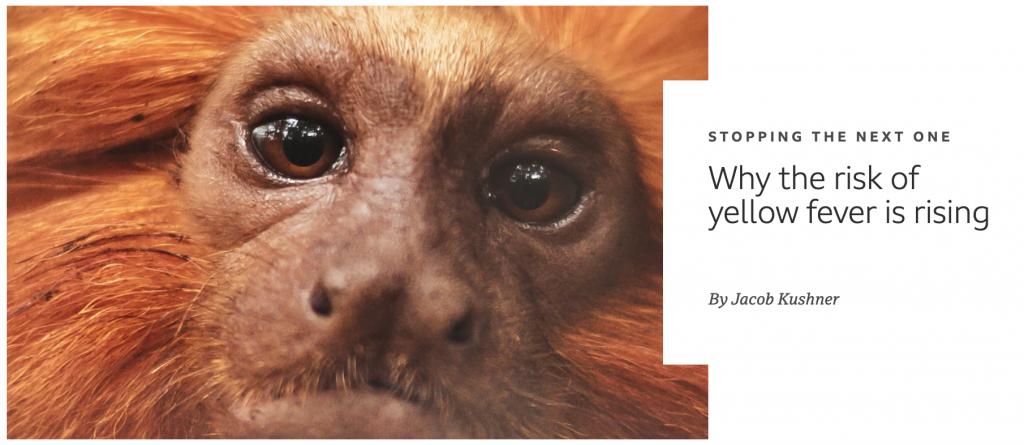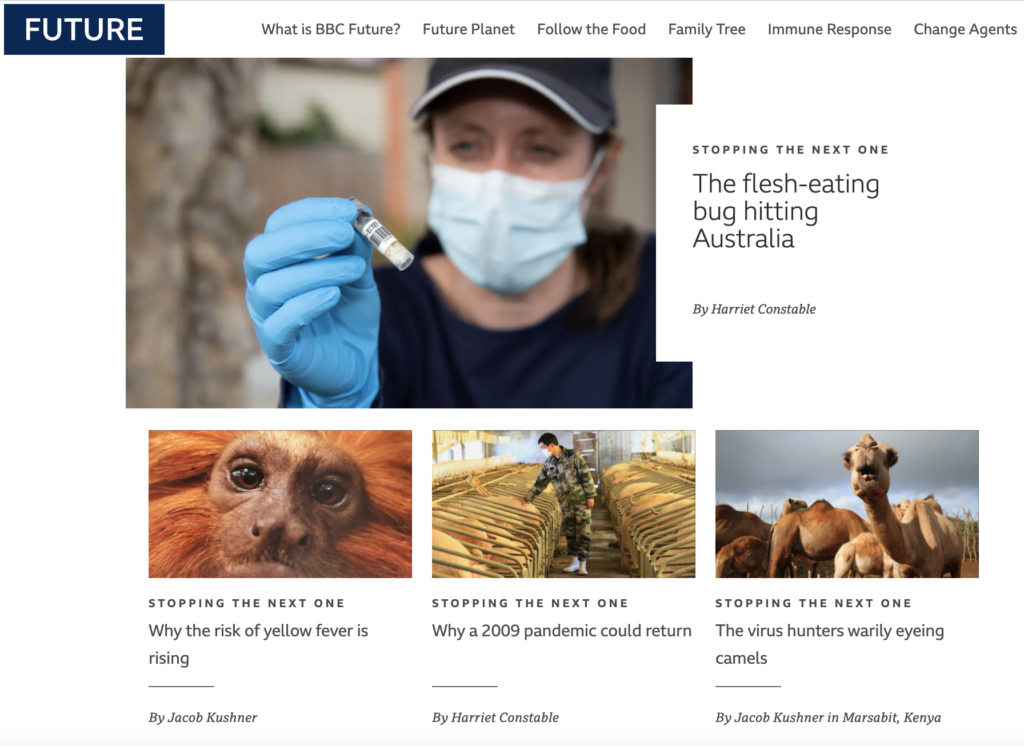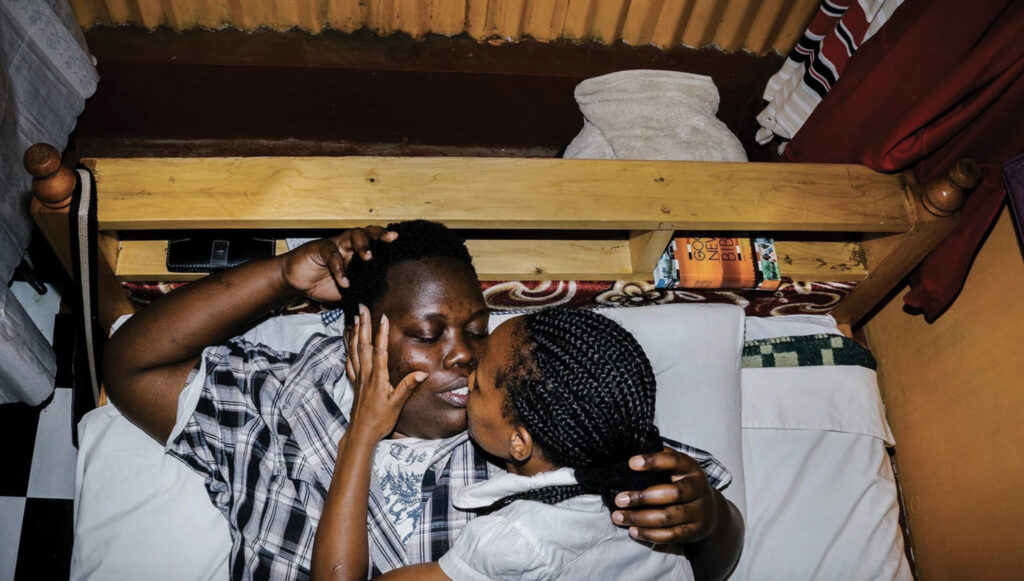
Jake Naughton
The plight of Kenya’s LGBT Refugees
“God has a book of life,” Mugisa told his worshipers. “He remembers your name. But to be written in this book you need to do good.” Mugisa turned to his congregants. “Mulondo, Lujja, Kasule, Nansamba: You want to be able to say, ‘God, I served you when I was in Kakuma camp.’ You want to be able to say, ‘I served you in Uganda. Remember me. This is what I have done, remember me.'”
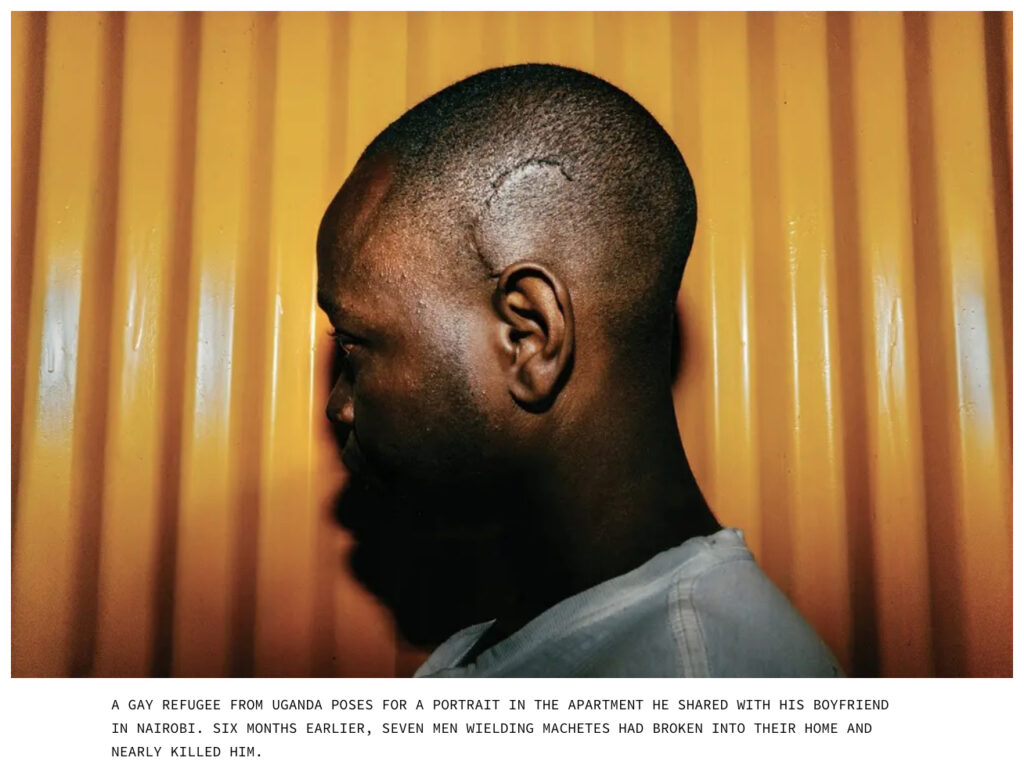
Jake Naughton
Mugisa glanced around his congregation of LGBT worshipers, catching the eyes of a few of them. Unable to ignore the trepidation on their faces, he comforted them. “Trust me—one day we will be out of this place.”
Honorable Mention (runner-up), 2016 Immigration Journalism Award, The French-American Foundation; Official Nomination, “Outstanding Magazine Article,” 2017 GLAAD Media Awards; Shortlist, 2017 One World Media Print Award.
Read: VICE Magazine



